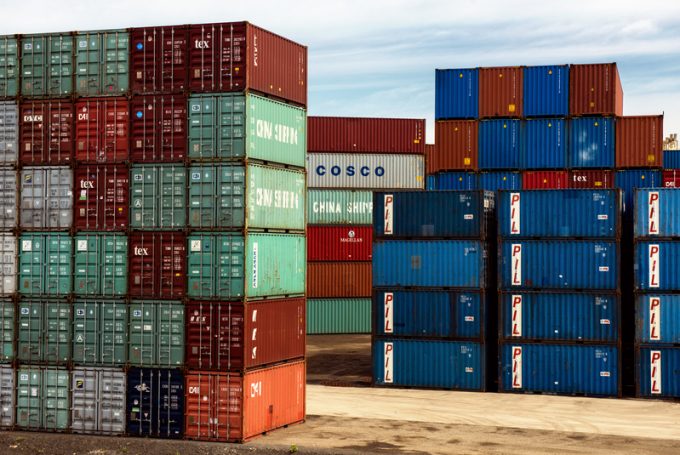China-US trade tariff pause could drive a rebound for transpacific rates
After the US and Chinese governments agreed to slash reciprocal tariffs, shipping lines are expecting ...

Australia’s ongoing port congestion has left transport operators fuming over mounting container detention charges.
According to the Container Transport Alliance of Australia (CTAA), the current bottlenecks are caused by high peak season volumes, Covid-related labour shortages, terminal equipment malfunctions and lingering industrial relations disruptions.
CTAA director Neil ...

Comment on this article